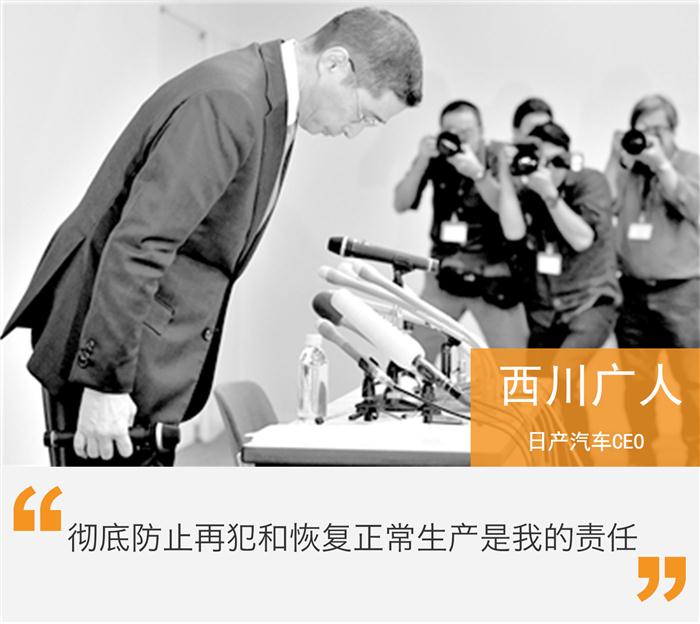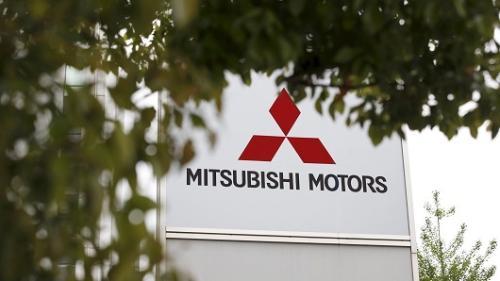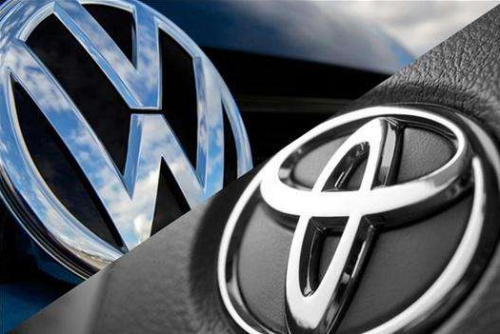A few days ago, you were one of the top four auto shows in Tokyo. However, the recent scandals of Japanese manufacturing companies such as Takada and Kobe Steel have caused a scandalous shadow in this glamorous auto show.
The same "cloudy", as well as Nissan, one of Japan's three major auto giants.
On October 25th, at the launch of iMx on that day, Nissan Motors’ Executive Vice President Daniel Szirakis was not the same as before. There was no music, no smile, and the first thing he did was to apologize.
In fact, this is not the first time that Nissan executives publicly apologized.
Quality inspection scandal hits Nissan

On October 19th, Nissan CEO Hiroto Saikawa officially apologized to the public for a quality inspection fraud at a press conference held in Yokohama headquarters. And said that the company needs to stop production of its six domestic factories to reset its inspection lines for a duration of at least two weeks. However, many customers are uncomfortable with Nissan's sloppy practices, and their trust in Japanese product brands has been drastically reduced.
According to foreign media reports, Nissan previously recalled vehicles in large scale because of non-certified personnel's quality inspection of vehicles. A third-party survey team survey found that some Nissan factories will transfer the last-inspected vehicle to other inspection lines so that those who do not have the final inspection can perform final inspections on the vehicle.
When the news came out, it was already made in Japan because of Takada Airbags and the Kobe steel scandal. It also caused a great uproar in the global public opinion field due to the issue of Nissan quality inspection fraud.
The brand crisis triggered by the quality inspection scandal has also dampened the confidence of shareholders and suppliers. On October 20, Nissan Motor Co. fell 1.6% in Tokyo. In addition, Renault, which owns 43% of Nissan Motors, also lost 1.9%. This not only caused Nissan to suffer huge economic losses, but also affected the operating conditions of Nissan's 2,239 direct suppliers in Japan. It is reported that some suppliers have announced the suspension of production.
On October 22nd, Nissan’s insiders confirmed news of the suspension of production at six factories during an interview with the media and said that they would then voluntarily recall all vehicles affected by the incident and conduct a final inspection. At the same time, the person emphasized that the incident only occurred in the Nissan Motor Japan plant and the vehicles involved were only sold in the Japanese domestic market.
In this incident, Nissan announced that it had recalled 1.16 million cars from January 2014 to September 2017 for inspection again. The recall cost of this incident was as high as 25 billion yen (approximately 221 million U.S. dollars). In addition, relevant agencies predict that the suspension of automobile production for two weeks will reduce Nissan’s car sales by 20,000, which may reduce the Nissan Group’s operating profit by 10 billion yen (US$88.23 million).
The curse of the sales champion
In September of this year, the sales data of the world’s major automakers in the first half of 2017 were successively released. The Renault-Nissan Alliance has risen rapidly. The sales volume of 5,268,800 units surpassed that of the two automakers that took turns sitting in the country for many years. From 2007 to 2016 The only "new player" in the list of top three global sales vehicles in the decade has reshaped the global auto industry.
The Renault-Nissan Alliance has achieved such a dazzling performance that Mitsubishi has contributed.

As early as October 2016, Nissan Motor Co., Ltd. injected 237 billion yen (about 14.2 billion yuan) into the acquisition of 34% of Mitsubishi Motors, becoming Mitsubishi's largest shareholder. Affected by the strong performance of Outlander SUVs in the global market and Pajero's presence in the Southeast Asian market, Mitsubishi Motors' cumulative sales in the first half of 2017 reached 494,303 units, a year-on-year increase of 2.4%.
In recent years, the Renault-Nissan Alliance has focused on the strategic layout and rapid expansion of the global market. According to Nissan’s official sources, in 2006 Nissan’s cumulative global production exceeded 100 million units, of which 76.5% were produced in local factories in Japan. In the first half of 2017, sales reached 5.27 million units, a year-on-year increase of 7%. Nissan’s cumulative production has increased by 50 million units again, reaching a production scale of 150 million units. Of the 50 million vehicles newly added, 76.5% of the vehicles are produced outside Japan's territory. The United States and China occupy an important position. Renault, Nissan and Mitsubishi Motors have become the world’s largest-selling auto group.
On September 15 this year, Renault, Nissan and Mitsubishi Motors released the "2022 Alliance" six-year development plan. By the end of the “Alliance 2022†plan, it is expected that the Union’s annual sales will exceed 14 million units, and the total turnover will reach US$240 billion, an increase of more than 30% from the US$180 billion in 2016.
However, just as the Renault-Nissan Alliance strategically positioned its global market and is proud to rank among the top three global sales charts, the quality inspection scandal exposed by the media has pushed Nissan to the cusp.
Takada Airbags and Kobe Steel Manufacture Co., Ltd. may not have expected Nissan, but the existence of quality inspection problems at their own factories indicates that even if it is a sales champion, Nissan is not perfect in dealing with the expansion of sales volume to match the capacity of the enterprise system. .
Coincidentally, Volkswagen and Toyota, which have led global sales, have also been exposed in the process of rapid expansion of the global market, and paid a disastrous price for this.

Around 2009, Toyota frequently experienced phenomenal acceleration of vehicles around the world, especially in North America. Toyota recalled 16 million cars in the incident, which directly caused a loss of about 2 billion U.S. dollars. In addition, Toyota paid a final compensation of US$1.1 billion to end a class action lawsuit in the United States.
After this incident, Toyota's safety reputation was severely damaged. The relevant research organization said that Toyota's market value fell sharply after the scandals of pad doors, brake doors and other losses, and the loss was nearly 30 billion U.S. dollars.
In 2015, some brands of diesel cars produced by the German Volkswagen Group were accused by the US Environmental Protection Agency of cheating on emissions testing. Since then, Volkswagen has recalled 11 million cars, with a recall cost of up to 6 billion euros (about 7.058 billion U.S. dollars) and a fine of 18 billion U.S. dollars. On September 21 and September 22, 2015, the stock price of Volkswagen AG plunged close to 20%, making its market value evaporate by about one-third compared to September 18, which is approximately US$29.4 billion. The Volkswagen emissions gate incident caused the public to lose nearly US$30 billion, which caused heavy losses to the Volkswagen Group’s earnings and cash flow, as well as the evaluation of the company’s management’s credibility.
Both Nissan and Volkswagen and Toyota may have neglected their own management problems and product production systems while focusing their strategic focus on the rapid expansion of sales.
After the automakers exposed the scandal, merely apologizing, recalling, or even stopping production would not be able to solve the problem fundamentally, nor would it restore the customer's trust. Today, independent brands are also in a stage of rapid development. BYD, Geely and other brands are also stepping up globalization. In the process of development, how to match the capacity building of the enterprise system with the scale of production and sales, and avoid repeating the mistakes of these “sale champions†is an important issue for independent brands to consider.
UV 3D transfer sticker, trademark transfer stickers, logo transfer printing, custom transfer stickers,3D transfer stickers
ZZ Sticker , https://www.zzsticker.com